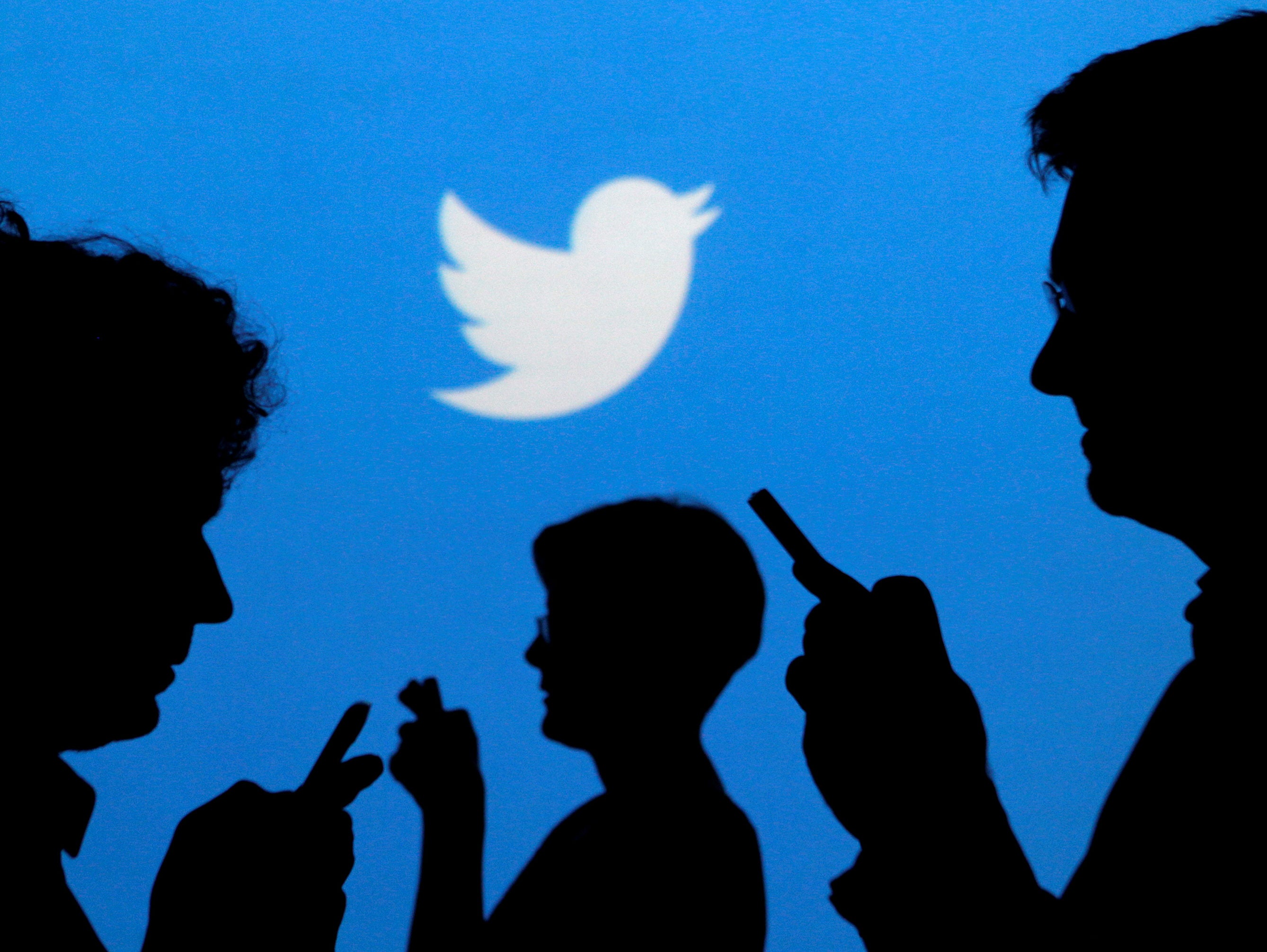
One in every 14 tweets directed at women journalists in the UK and US is abusive or “problematic” according to a new study of online abuse, prompting calls for the platform to do more to protect women’s rights.
The research by Amnesty International and developer Element AI, used data science and machine leaning to examine over a million tweets sent to women journalists and politicians in 2017.
It found that more than 225,000 Twitter mentions – when a user is mentioned in a tweet using the @ symbol – relating to 454 UK and US journalists were abusive or “problematic”.
Politicians received a similar rate of abuse, although the volume of mentions was higher with more than 867,000 mentions of 324 women politicians in the UK and US.
When combined, the study found that women journalists and politicians in the UK and US were sent 1.1m abusive or problematic tweets last year, equal to one every 30 seconds.
The study defined abusive tweets as those which included physical and sexual threats, wishes for harm or death, reference to violent events, and racist or sexist slurs or tropes.
Problematic messages were defined as “hurtful or hostile content” that was not necessarily abusive but did, for example, reinforce negative gender and racial stereotypes.
“It’s clear that a staggering level of violence and abuse against women exists on Twitter,” said Amnesty UK director Kate Allen.
“These results back up what women have long been saying – that Twitter is endemic with racism, misogyny and homophobia.
“The online space is an important platform for political and public conversation, and women must feel safe to express themselves and engage in debate without fear of abuse.
“Twitter is failing to be transparent about the extent of the problem, but if our volunteers can gather meaningful data about online violence and abuse, so can Twitter.
“The company must take concrete steps to properly protect women’s rights on the platform.”
Women journalists included in the study – which saw some 6,500 volunteers sift through tweets – were from a variety of publications, including the Guardian, Gal-dem, the Daily Mail and the Sun.
Guardian journalist Hadley Freeman told Amnesty: “I think there is a connection between the misogyny women face offline and the abuse they face online. I mean, a nice guy isn’t going to be calling women “infected c*nts” online, is he?”
The National columnist Vonny Moyes added: “The majority of the abuse I receive is Twitter-based because I have a very active Twitter profile and following – part of which is necessary for the job I do.
“You can’t really be a journalist without being on Twitter these days because it’s where news breaks. Its where a lot of my work comes from… I guess I would say I have come to expect everything I post online, whether it’s a tweet or a piece of writing to have some type of pushback.
“It’s become as if I have had to develop combat navigation skills, not just to do my job but to be a woman occupying space on the internet.”
Amnesty found that black women were 84 per cent more likely to receive abuse and “problematic” tweets than white women, while women of colour (black, Asian, Latin and mixed-raced) were 34 per cent more likely to have abusive mentions.
It also found that women from both left and right-leaning titles were targeted, but that journalists working for right-wing outlets were mentioned in 64 per cent more “problematic” and abusive tweets.
Around 6.5 per cent of tweets sent to female journalists at left-wing media groups were flagged by Amnesty researchers.
Responding to the report, Twitter legal, policy, trust and safety global lead Vijaya Gadde said: “Twitter has publicly committed to improving the collective health, openness, and civility of public conversation on our service.
“Twitter’s health is measured by how we help encourage more healthy debate, conversations, and critical thinking.
“Conversely, abuse, malicious automation, and manipulation detract from the health of Twitter. We are committed to holding ourselves publicly accountable towards progress in this regard.”
Gadde said the report’s “unclear” definition of problematic “warranted further discussion”.
He said: “As numerous civil society groups have highlighted, it is important for companies to carefully define the scope of their policies for purposes of users being clear what content is and is not permitted.
“We would welcome further discussion about how you have defined “problematic” as part of this research in accordance with the need to protect free expression and ensure policies are clearly and narrowly drafted.”
Picture: Reuters/Kacper Pempel/Illustration/File Photo
Email pged@pressgazette.co.uk to point out mistakes, provide story tips or send in a letter for publication on our "Letters Page" blog
